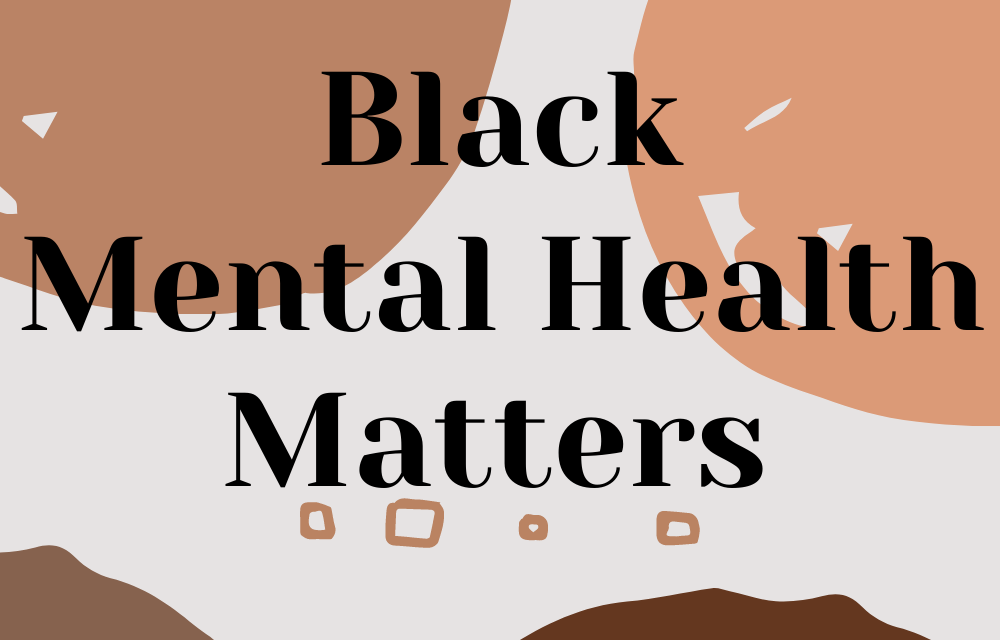Bridging the Mental Health Gap for Black Americans
In the quest for mental wellness, Black Americans face unique challenges that significantly impact their access to and utilization of mental health services. Lyra Health suggests cultural stigmas and systemic obstacles are barriers that contribute to a troubling statistic: only one in three Black Americans receive the mental health treatment they need. This article delves into the hurdles within the Black community regarding mental health.
Cultural and Systemic Barriers
- Stigma and Misunderstanding -A startling 63% of Black individuals view mental health conditions as a sign of personal weakness. This stigma is deeply ingrained, often deterring those in need from seeking help due to fear of judgment or misunderstanding within their own community.
- Mistrust and Underrepresentation-Historical injustices and systemic oppression have caused mistrust towards white-dominated sectors, including healthcare. There is a large underrepresentation in the mental health profession, with only 4% of psychologists identifying as Black or African American, making it challenging for Black individuals to find therapists with whom they can culturally and personally relate.
- Financial Hurdles-Economic disparities affect Black Americans, with a significant number living at or below the poverty line or lacking adequate health insurance. These financial barriers limit access to mental health services, which are often perceived as a luxury rather than a necessity.
- Perceptions of Strength and Self-Reliance- In the Black community, there’s a pervasive belief that strength is synonymous with the absence of vulnerability. This perception discourages the expression of emotional distress and delays the pursuit of professional help.
- Privacy Concerns-There exists a strong cultural inclination towards handling personal issues internally, within the family unit. Seeking external assistance is often discouraged, viewed as airing “dirty laundry” to outsiders.
- Skepticism of Mental Health Treatment-Many in the Black community do not see themselves as candidates for mental health services, often believing that their struggles are not severe enough to warrant professional intervention unless they are in a crisis.
- Complex Healthcare Systems- The intricacies of navigating health insurance and healthcare systems pose another significant barrier, compounded by a general lack of mental health literacy. Tiffany Castagno, CEO of CEPHR LLC said “Finding Black providers is not always easy. Women (specifically Black women) often deal with providers who don’t believe them or are dismissive of their pain, their concerns, and what they need.”
- The Role of Religion-Religious beliefs often take precedence over seeking mental health services, with many in the Black community opting for prayer or pastoral counseling instead of professional mental health support.
Moving Forward: Enhancing Accessibility and Acceptance
To address these barriers, we need to promote mental health within the Black community, emphasizing the importance of mental wellness and the effectiveness of treatment. Steel Smiling is an organization located in Pittsburgh, PA that bridges the gap between Black people and mental health support through education, advocacy and awareness. They offer programs like “Beams to Bridges” which provides 6 months of comprehensive mental health training and education to community members, grounded in self-care through education, self-exploration, healing and practice, and community care through sharing experiences, group support, community conversations, and connections to mental health and wellness providers.
Conclusion
Overcoming the barriers to mental health care for Black Americans requires a multifaceted approach, addressing both cultural stigmas and systemic obstacles. By prioritizing inclusivity and diversity, Equality Careers ensures that individuals from all backgrounds have access to employment opportunities. Our commitment to fostering a diverse and equitable workforce aligns with the efforts to break down barriers to mental health care within marginalized communities. When using our platform, we encourage our job seekers to review health benefits offered as you’re applying for roles to ensure they are providing the resources you need. By doing this we can move closer to bridging the mental health gap and ensuring that all individuals have the support they need to thrive.


